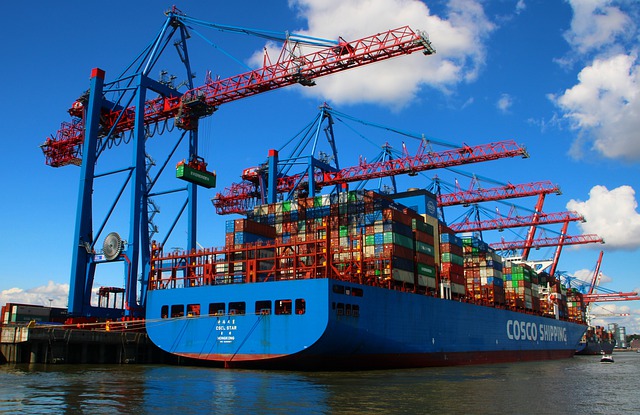May 31, 2023
Following two consecutive quarters of decline, G20 merchandise exports rebounded in value terms in Q1 2023, as measured in current US dollars. Compared to Q4 2022, exports increased by 2.2%, driven partly by the revival of economic activity in China. G20 merchandise imports contracted by 1.2%, largely reflecting easing energy prices. Strong sales of vehicles and parts contributed to export growth in North America, with exports expanding by 1.0% in the United States, 1.2% in Canada and 1.2% in Mexico. In the European Union, exports increased by 3.0%, propelled by higher shipments of machinery from France, Germany and Italy. EU imports contracted by 1.1%, mainly due to lower energy prices. As higher sales of machinery and transport equipment were offset by reduced shipments of chemicals and fuels, exports remained flat in the United Kingdom, while imports plunged. Fueled by robust sales of steel and electronics, Chinese merchandise exports grew by 8.6%, a strong rebound following the 7.1% fall recorded in Q4 2022. China’s imports continued to decline (down 0.7%), largely due to lower purchases of integrated circuits and declining energy prices. Following several weak quarters, export growth remained subdued in Japan and Korea. Lower sales of primary commodities impacted exports from Argentina, Indonesia and Australia.
Growth in G20 services exports and imports are estimated at around 2.4% and 4.9% in Q1 2023, respectively, compared to the previous quarter and measured in current US dollars. These preliminary estimates point to a pickup in services trade compared with the rates recorded in Q4 2022 (1.6% for exports and minus 2.2% for imports). This acceleration reflected a recovery in tourism activity, which fueled trade in passenger transport and travel, outweighing the marked decline in freight transport. Services exports were sluggish in the United States and Canada, while imports grew by 1.2% and 3.4%, respectively, on the back of strong travel expenditure. The resurgence of travel also drove growth for France, Italy and Türkiye on the exports side (up 7.3%, 8.4% and 18.1%, respectively), and for Germany on the imports side (up 6.4%). In the United Kingdom, exports increased by 1.5%, while imports contracted by 1.6% due to lower purchases of computer and business services. Travel imports from China soared once mobility restrictions were lifted, contributing to robust growth in services exports for Japan (up 7.2%) and Australia (up 11.8%). Conversely, lower shipping rates weighed on services export growth in China and Korea (down 2.2% and 8.3%, respectively), both leading exporters of transport services.
Source: OECD
Legal Notice: The information in this article is intended for information purposes only. It is not intended for professional information purposes specific to a person or an institution. Every institution has different requirements because of its own circumstances even though they bear a resemblance to each other. Consequently, it is your interest to consult on an expert before taking a decision based on information stated in this article and putting into practice. Neither Karen Audit nor related person or institutions are not responsible for any damages or losses that might occur in consequence of the use of the information in this article by private or formal, real or legal person and institutions.






